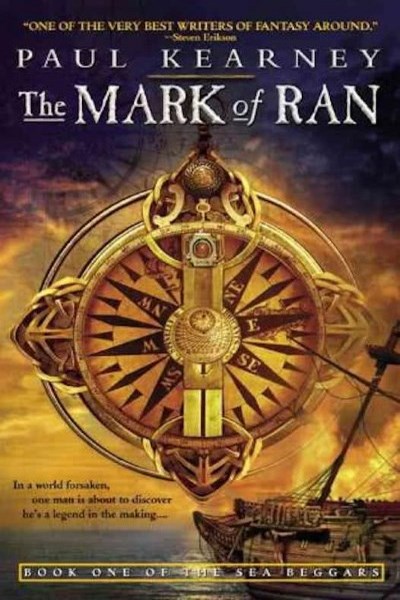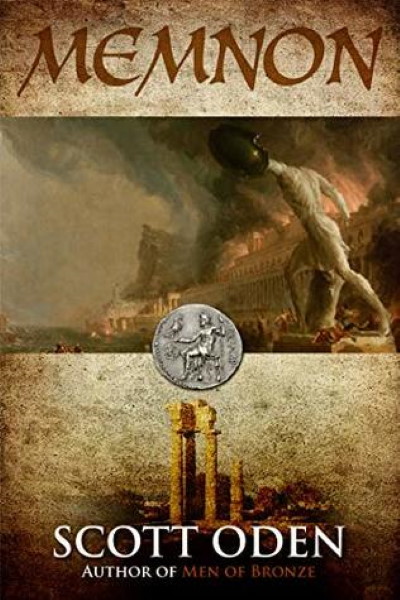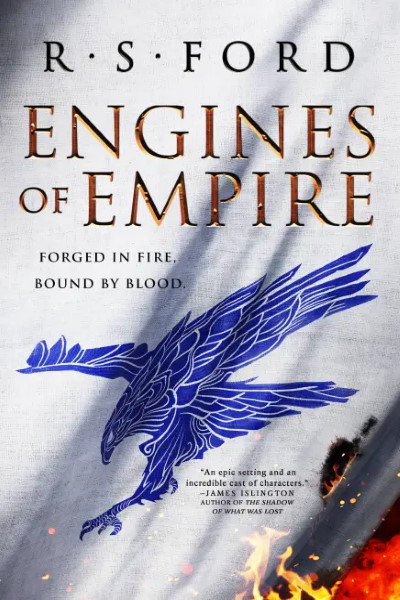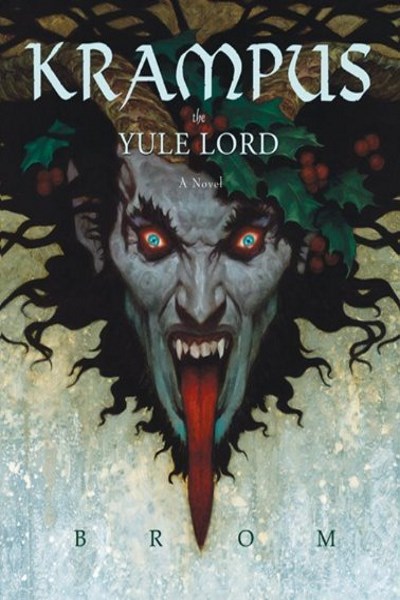Tusk by Nathan M. Hurst
Rating

Review
On the surface, Tusk by Nathan M. Hurst follows a familiar formula: Earth is dying and the human race with it unless an ambitious plan to colonize a distant planet succeeds. Any experienced science fiction reader has been here before, with an Earth that has been used and abused by its dominant species to the point where it is fast becoming uninhabitable. The only way to save the human race is therefore to travel across the stars to start over on an uninhabited planet. Tusk doesn’t really break from this formula at any point, but it does throw in enough curve balls, mysteries, and a fair level of suspense that it’s an enjoyable, fun read that kept me turning the pages.
Humans are able to travel vast distances across space only because of the pioneering work of one scientist who develops sophisticated cloning technology and, even more impressive, a way to transfer the consciousness of an individual from one body to another. This, in effect, means humankind has achieved immortality; as a person’s body reaches the end of its life, that person’s consciousness can be transferred to a new, young body and theoretically live forever. While the philosophical or religious implications of this are never really mentioned nor explored, I really didn’t miss a deep dive in this direction. Instead we get a practical means by which those onboard the three ships sent by Earth can travel indefinitely until they finally reach their destination. That destination is a place called Hayford b, a system that contains a livable but uninhabited planet ready and waiting for the colonists arrival.
Of course things aren’t what they seem and so the first crew to begin awakening discovers one of their sister ships, the UTS Intrepid, unresponsive. They soon learn that all comms are jammed around the ship and that, even worse, she’s been boarded by an unknown party.
I won’t go into a lot of plot details because it’s too difficult not to give something away, but suffice to say the Intrepid’s boarders do not have the best interests of the colonists in mind. Throw in some additional sub-plots, more than a few battles, and a big assumption that gets turned on its head, and you’ve got a pretty enjoyable science fiction story to look forward to.
The writing is good and concise in a way that doesn’t waste a lot of words or spend a lot of time with ‘filler’ descriptive prose; you’re going to get a lot of straight up drama, action, and suspense with Tusk. As for the characters, there are a lot of them, which, on one hand, is to be expected given the size of the colonization ships. While it’s sometimes difficult to keep them all straight, the variety allows the author to explore many different aspects of the mission and the various storylines. The AI is especially intriguing as a character. Her depth was refreshing and somewhat unexpected.
All things considered, I liked Tusk enough to give it four rockets. As mentioned, the main plot is not original, but the writing, characters, and storylines all combine to present a science fiction novel that will intrigue and draw you in. One final note: Mr. Hurst contacted me via Twitter to request a review of Tusk. I obliged by purchasing my own copy of the Kindle edition of the book. I have since also purchased the next book in the series, Clarion, which I’ve added to my TBR list and will review sometime in the near future.










Leave a Comment